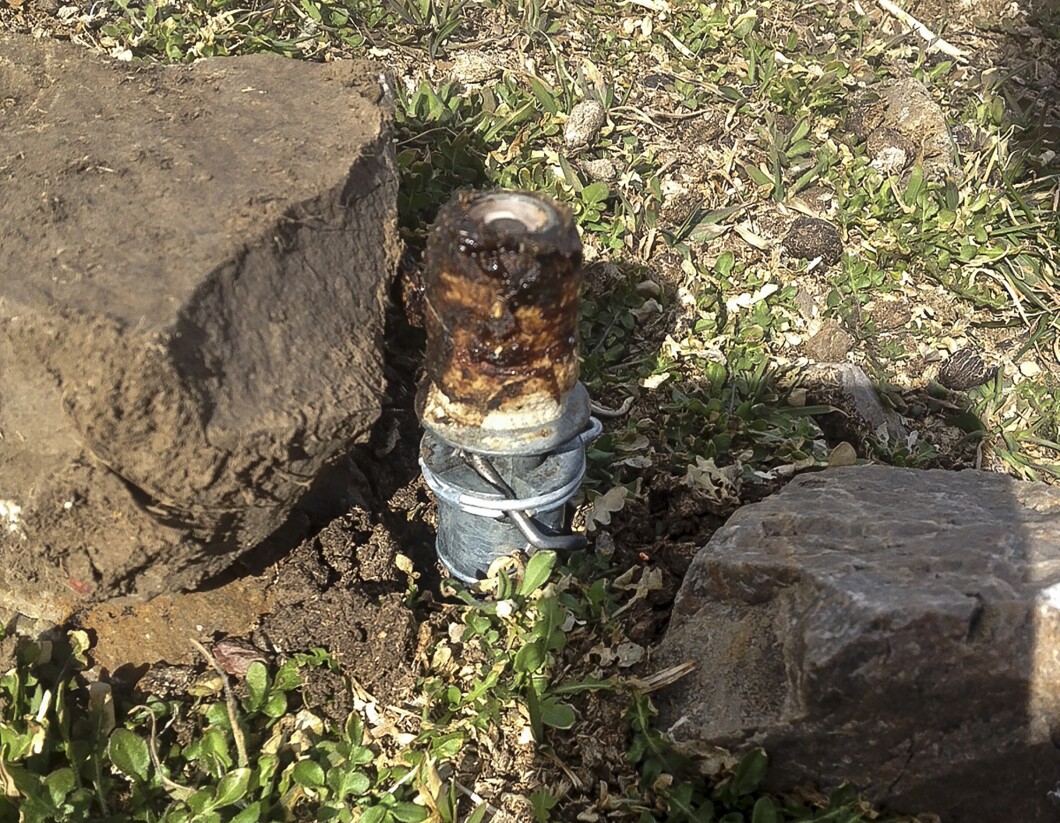
After a decadeslong battle, the ultra-lethal ‘cyanide bomb’ used to kill coyotes and other canines is banned on federal lands.
The Bureau of Land Management has halted the use of the bombs on 245 million acres of federal lands. Over 70 conservation groups, politicians, and individuals seriously injured by the devices supported the ban.
GDP REVISED UP TO STRONG 5.2% GROWTH RATE IN THIRD QUARTER
M-44s, also known as cyanide bombs, have been used for decades on public lands by the United States Fish and Wildlife Service to kill livestock predators such as coyotes, foxes, and feral dogs that disrupted agribusiness.
Sodium cyanide, the main ingredient in an M-44 cyanide device, is registered as a Category 1 toxicant, the highest level, by the Environmental Protection Agency. The use of the bombs has raised safety concerns for decades, as they have killed family dogs, endangered wildlife, and injured humans.
The M-44 device is a trap buried with a cyanide capsule wrapped in bait material that sits above ground. The animal triggers the device by biting and pulling the bait, which releases the cyanide capsule into their mouth. The poison causes internal bleeding, seizures, lung failure, and death.

While the bombs are lethal, they have prevented economic loss for the agricultural industry. The Department of Agriculture reports that predators cause $232 million in damage yearly. The American sheep and cattle associations fear the financial effect this ban could have.
CLICK HERE TO READ MORE FROM THE WASHINGTON EXAMINER
Idaho banned M-44s on public lands in 2017 after a child was temporarily blinded, and Oregon has instituted a statewide ban on the device. Rep. Jared Huffman (D-CA) celebrated the ban in a press release saying, “We are now on a path forward for families to enjoy the outdoors without the fear of accidentally detonating these devices and suffering the lethal repercussions.”
The National Park Service and the Fish and Wildlife Service prohibit M-44s, but Colorado, Montana, Nebraska, Nevada, New Mexico, North Dakota, Oklahoma, Texas, West Virginia, and Wyoming allow them.





